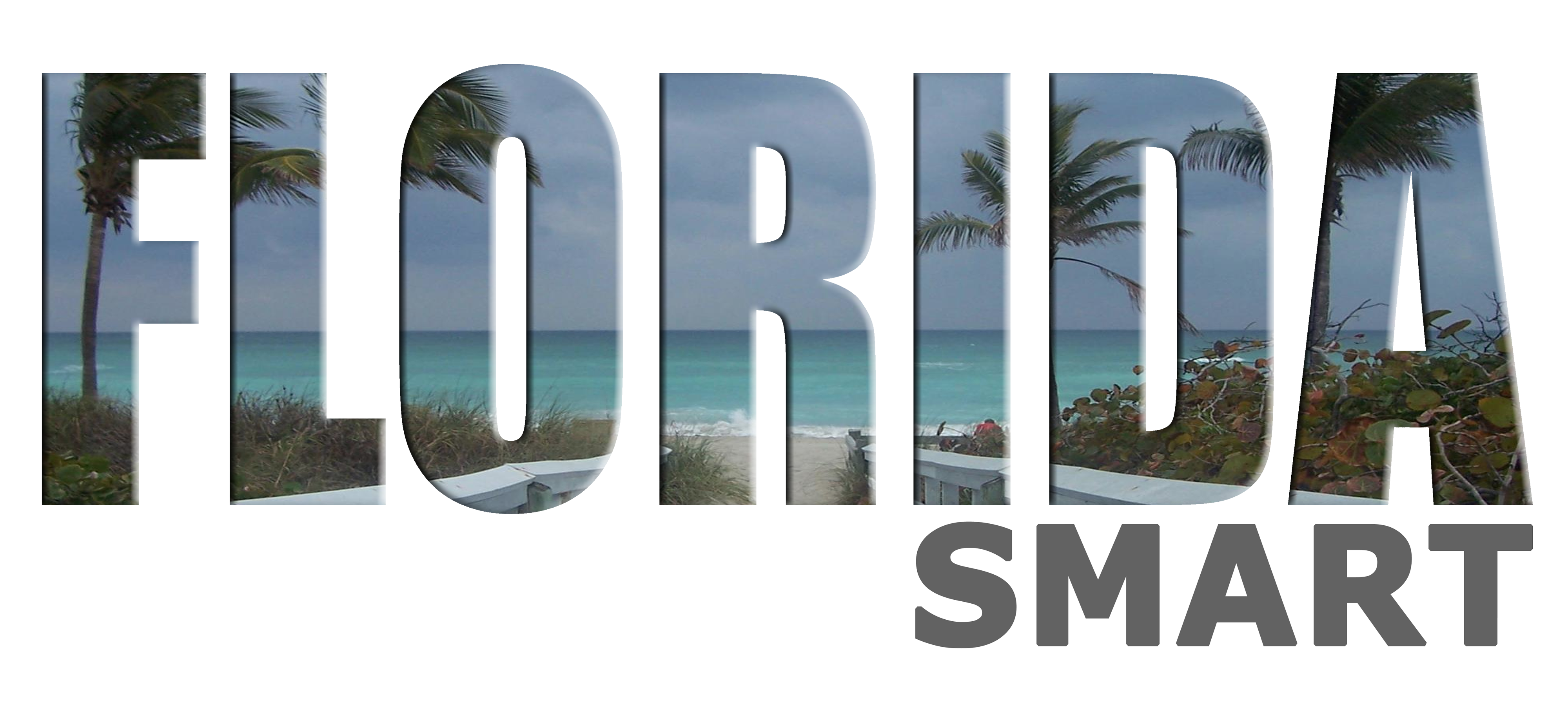

Alcohol laws in Florida regulate the sale, consumption, and distribution of alcoholic beverages within the state. These laws are in place to promote public safety, regulate the alcohol industry, and prevent underage drinking.
The legal drinking age in Florida, as in the rest of the United States, is 21. It is illegal for anyone under the age of 21 to purchase or consume alcoholic beverages in Florida, with limited exceptions for religious or medical purposes.
Businesses that sell or serve alcohol in Florida must obtain the appropriate licenses and comply with state and local regulations. These licenses are issued by the Florida Division of Alcoholic Beverages and Tobacco. The sale of alcohol is regulated by specific hours of operation and restrictions on sales during certain times, such as late at night or on Sundays.
Florida offers various types of alcohol licenses, including licenses for restaurants, bars, nightclubs, hotels, package stores (liquor stores), and breweries. Each license type has specific requirements and restrictions, such as minimum seating capacity, food service requirements, and limitations on the sale of certain types of alcohol.
Florida has a Responsible Vendor Program designed to promote responsible alcohol service. Businesses that participate in the program receive training on responsible alcohol service practices and may receive benefits, such as reduced liability in certain situations.
The hours during which alcohol can be sold in Florida vary depending on the license type and local ordinances. Generally, alcohol can be sold for on-premises consumption from 7:00 a.m. until 2:00 a.m. the following day. However, there are exceptions for certain establishments and locations, such as bars or nightclubs in designated tourist areas or special event venues.
Florida law prohibits the consumption of alcoholic beverages in public places, unless authorized by the local government or a special event permit. Public intoxication is also subject to legal consequences.
Florida has strict laws regarding driving under the influence of alcohol or drugs. It is illegal to operate a motor vehicle with a blood alcohol concentration (BAC) of 0.08% or higher. Penalties for DUI offenses can include fines, license suspension, mandatory alcohol education programs, and even imprisonment.
Florida law prohibits open containers of alcohol in motor vehicles. It is illegal for passengers to possess open containers of alcoholic beverages while the vehicle is in operation.
In Florida, the sale of alcohol on Sundays is allowed, but specific regulations and limitations may apply. These regulations vary by county and may include restrictions on the hours of sale and types of alcohol that can be sold. Alcohol Law in Florida